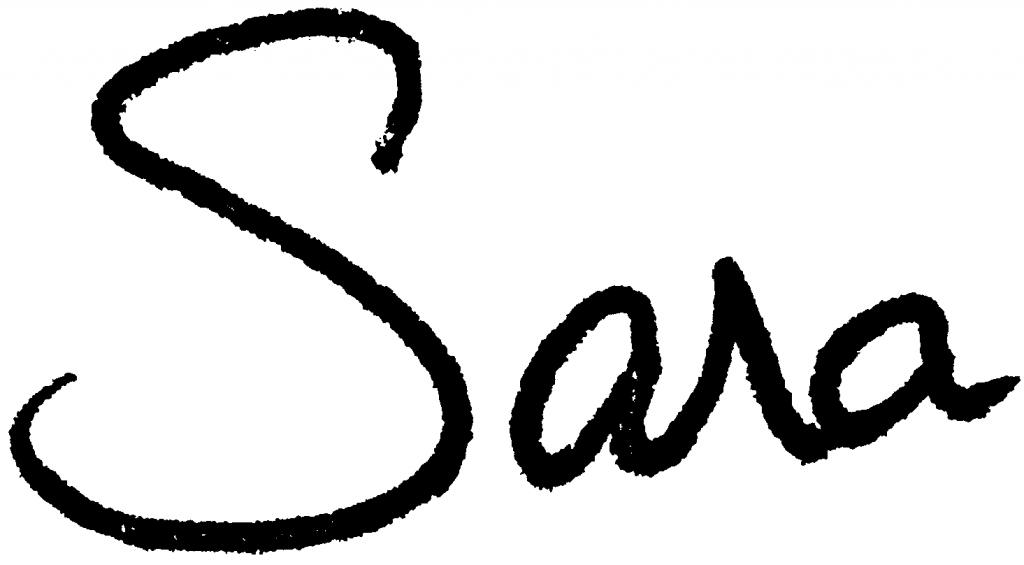When people describe great leaders, they often use words like confident, action-oriented, and sharp. Those descriptors are important with the relentless pressure to perform, produce, and exceed expectations.
That’s why it really struck me when I recently read three different blog posts that talked about leaders achieving great success by being vulnerable, acknowledging errors, and being open to changing perspectives. I completely agree with that, and I understand why these unrelated authors are choosing right now to highlight this point. Our current business environment is so intense that leaders today are forgetting they are actually…human.
This trend really concerns me.
When leaders become disconnected from their own humanity, they overlook that embracing failure and owning up to mistakes are crucial steps toward success. In striving to be flawless, these same leaders end up feeling burned out and disconnected.
Don’t get me wrong, many leaders I speak with aren’t necessarily imposing that pressure on themselves. Instead, they feel the weight of unspoken expectations permeating their work environments. This kind of atmosphere not only hampers individual growth, but it also undermines the potential of teams and organizations.
I hope you’ll set aside your super-hero cape for a moment — whether it’s one you’ve donned yourself or one that others are thrusting upon you —and allow me to share some insights from these blogs, accompanied by my personal reflections.
“Owning Mistakes and Humbling Oneself”
In an insightful piece about senior leadership, Todd Ordal describes the risks associated with leaders who start to feel like “the smartest person in the room.” When they suffer from “big-shot-itis,” the whole team suffers. His message is for leaders to accept the truth of human fallibility. Everyone makes mistakes. He encourages leaders to regularly seek out feedback—even when it’s uncomfortable or harsh—as a way to keep their egos in check.
My take on this: The wisdom imparted by Todd is a profound reminder that the greatest leaders are willing to be humble, transparent, and real.
“Learning from Setbacks”
Drawing inspiration from a stage production of Circus 1903, Julie Winkle Giulioni discusses the strength of the human spirit as exhibited by circus performers. To demonstrate her lesson for leaders about embracing failure and turning it into an opportunity, she shares a compelling story about acrobatic brothers who stumbled and experienced a near catastrophe. Despite the error, they fought bravely to complete the performance—with the thundering crowd cheering them on. Julie’s poignant reflections underline the universal human tendency to root for those who make a mistake but fight to come back.
My take on this: The real magic here is how people invariably admire those who demonstrate resilience, vulnerability, and grit. When the underdog comes back against all odds to win the game, it’s a great movie. All leaders eventually face immense pressure and setbacks, but the most successful ones use that as motivation and still find a way to stay in the game.
“Metanoia: The Power of Changing One’s Mind”
In a thought-provoking post, Laura Bergells explores the transformative power of admitting a change of mind or heart. Through examples and personal anecdotes, the author explains how this approach highlights the unexpected power of adaptability. Having the courage to admit that a previous decision or choice might not have been optimal evokes empathy and understanding from others, and it is often the catalyst for greater collaboration.
My take on this: Leaders who are flexible, compassionate and, above all else, willing to acknowledge when they are wrong become valuable role models for their team members. They reveal that success involves showing different sides of themselves: being confident yet sensitive, having expertise but a desire to keep learning, speaking persuasively but listening intensely.
The common themes woven through these posts provide us with some leadership principles that are both timely and timeless. In a fiercely competitive world in which we’re all striving for perfection, and in some cases self-preservation, these authors remind us that being open about our imperfections might be what truly defines us and keeps us afloat as leaders.
I hope these articles will inspire you to consider your humanity as a leadership advantage and recognize that making mistakes, admitting you are wrong, and changing your mind are a normal part of life. Besides making you more relatable and creating a compassionate culture for your teams, you’ll also take some unnecessary pressure off yourself.
Go ahead. Let yourself off the hook.
Have you seen any examples of this in your organization? I’d love to hear about them.
Until next time,

